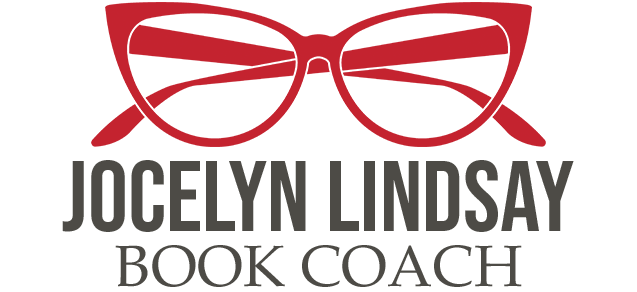keep your story tank full
Summer of 2019. Mom and I are driving to Denver CO to visit family.
It’s a road trip we’ve made together more several dozen times over the last 40+ years.
(We counted.)
My summer childhood is filled with memories of those highways.
Snapshots of the summer I listened to the Footloose cassette in my Walkman for a thousand miles.
Or the time mom poked at me in my blanket nest on the passenger seat floor. “Wake up, we’re passing Mount Shasta.”
Or that night at a Wyoming roadside motel when a guy looked mom and I up and down and said, “I may just have to wander into the wrong room tonight.”
And mom said, “And I might just have to shoot you.”
As tradition dictates, in 2019, we left Bellingham before the sun was up.
We drove my husband’s little zippy hybrid Prius for its gas mileage and had hotel reservations in Boise.
We spent the time laughing, telling stories, having conversations, and watching the landscape go by.
Somewhere about 40 miles outside Boise, the Prius’ gas light came on and the happy voice in the dashboard informed us, “Fuel tank low. You should fill up. Why didn’t you fill up sooner? That was really dumb.”
(Okay, it didn’t say the last part, but that’s what I heard in my head.)
I never run the gas tank down. Especially on a road trip.
I’m Miss Fill The Tank When it Gets to Half.
Somewhere along all those miles across eastern Washington, we forgot the zippy little hybrid Prius needed gas.
Same with your book.
You need to keep filling your story gas tank or you’re going to run out of fuel.
When a writer tells me they’re stopped, stuck, and stranded around the 40-60k word mark (AKA the Murky Middle), my first go-to suspicion is they don’t have enough conflict in the beginning.
Conflict is the story fuel you put in your that drives your readers forward, page by page.
It’s what happens when someone wants something (your protagonist) and there’s something in the way of them getting it (obstacle).
Conflict doesn’t have to be car chases, gun fights, ninja attacks, or lovers screaming at each other.
Conflict can be a snide remark, an unanswered question, an ignored text message, a misread expression.
It can be between individuals, groups, civilizations.
Conflict exists everywhere. The options are endless.
You need to make sure you keep filling your story tank with gas or you’re going to come to a rolling stop in the middle of the highway.
If you’re feeling stuck, take a look at the beginning pages of your favorite novel(s) and identify all the different points of conflict in the first chapter.
Next, do the same with the first chapter in the novel you’re writing.
Now compare how many points of conflict are in those first pages of your favorite novel with what you have in your first pages.
What do you notice? Hit REPLY and let me know.
Don’t forget that conflict can be quiet. As simple as waking up.
“The girl wakes up in someone else’s bed. She lies there, perfectly still, tries to hold time like a breath in her chest; as if she can keep the clock from ticking forward, keep the boy beside her from waking, keep the memory of their night alive through sheer force of will.” - The Invisible Life of Addie Larue, V.E. Schwab
As for Mom and I, we rolled into a gas station on fumes outside of Boise.
Another mile and we would have spent the evening sitting on the side of the highway waiting for AAA.
Hello!
My name is Jocelyn.
Story warrior, book lover, day dreamer, gardener, and creative. I help serious writers roll up their sleeves, get their novel ready for publishing, and reach readers. When I’m not elbow-deep in the story trenches, I’m outside world-building in my garden and battling weeds with my three criminal mastermind cats.
GET IT NOW
Don’t write another chapter until you grab the 10 Step Chapter Checklist.
Transform your chapters from blah to badass.


